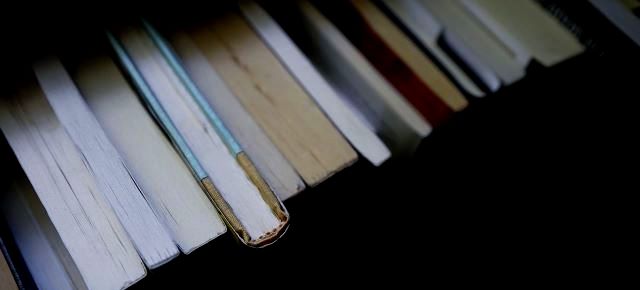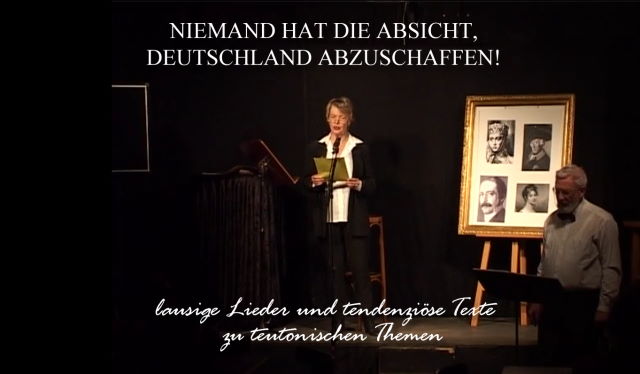"It follows that man has his actual substantive life in the state, in learning, and so forth, as well as in labour and struggle with the external world and with himself so that it is only out of his diremption that he fights his way to self-subsistent unity with himself. In the family he has a tranquil intuition of this unity, and there he lives a subjective ethical life on the plane of feeling. Woman, on the other hand, has her substantive destiny in the family, and to be imbued with family piety is her ethical frame of mind." (Hegel, Philosophy of Right, § 166)
While the administration of the FRG debates about further far-reaching intrusions into the community by means of detaining children in institutions of keeping and paid depaterisation, the news presenter Eva Herman debunks modern emancipation as a "fatal error" and a work of destruction.
The meaning of the word emancipation has, in fact, become inverted. What was once the release of a slave or son into independence and autonomy is now self-liberation: the former act of clemency has thus become a breach of right. For each release from responsibility and duty infringes on the rights of another – that of the emancipated woman infringes on the right of the family. However, treason against one's own substantial destiny can only be had for the price of the previously determined self-destruction.
The abolition of the family as it is demanded in the "Communist Manifesto", which was once the anti-Communist odious image par excellence, executes itself within developed Capitalism. The emancipation of women is the guidon of the corruption of community into society. Its highest demand is the recognition of domestic work as wage labour, by which means the man is cast as an exploiter. Emancipation perishes in absolute pauperisation where the unruly children first become useless labour force and bad parents and where the unborn children of the latter finally cause the labour force to disappear completely.
The natural solution of the family, however, releases the children once they are mature as free persons into civil society , in which they then remain as children of the state. The positive, endless process of life in the realm of the objective spirit is fulfilled with the transition of the natural substantial ethical life of the families into the reflected ethical life of civil society and finally into the state as reality of the ethical idea. The rational and thus the own destiny is met. The certainty, however, of having done that which is rational, is blessedness.
The growth of domestic automation only seemingly aids and abets the breakdown of the families, for, the domestic labour force that had now become available was now ready to be hired at the market and distributed, as idealised by democracy. However, used as an end in itself for the family, domestic technology promises to encourage and facilitate the bearing and raising of children that is necessary for our own sake.
Not the establishment of further institutions for the keeping of children and the nursing of the elderly ought to be the order of the day, but the very opposite: returning the children and elderly back home. Not support for the wage labour of women solves an unemployment problem of the malnourished country, but the very opposite: back to tending the hearth. Not perverted emancipation is the greatest of life's adventures, but the very opposite: remancipation – the act of delivering and surrendering oneself to another, in whom I recognise my actual, ethical self as another.











